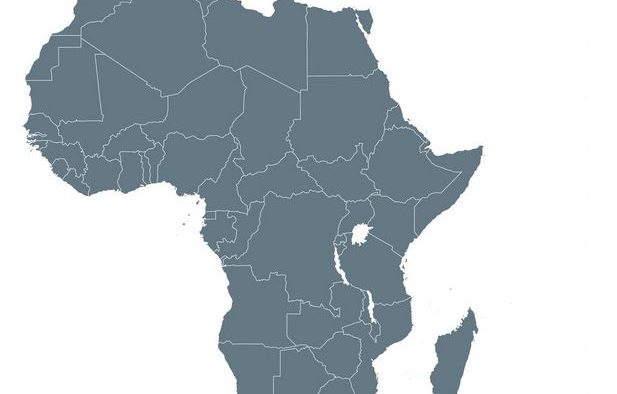Africa and United Nations Climate Change Conference (COP)

Most countries by now agree that a transition away from fossil fuel production or consumption to renewables is inevitable, but a key issue is the continent’s right to a just transition.
African countries recognize the serious threats posed by climate change and are already taking steps to address them. The Horn of Africa suffered a drought earlier this year and is currently battling floods. From Somalia to Kenya, extreme weather is forcing mass displacement and migrations. Earlier this year, Cyclone Freddy, the longest-running tropical storm, hit Southern Africa, taking the lives of at least 1000 people. Rural women claimed to be currently suffering from the negative effects of climate change. Senegal’s agriculture is heavily dependent on rainfall, with only 7% of its cultivated land being irrigated, making climate change a serious threat to the country’s agricultural sector.
Most countries by now agree that a transition away from fossil fuel production or consumption to renewables is inevitable, but a key issue is the continent’s right to a just transition. African countries have been demanding that rich countries support them with funds to build infrastructure and put in place measures that will help them adapt to a changing climate and a warmer world. There is no future without climate justice, which means a just world for all the people, across all divides in this planet.
According to the World Meteorological Organization (WMO), climate change affects developing nations disproportionately strengthening the need for enhanced climate financing. Estimates by the UN highlight that both developing and emerging economies will need up to $2 trillion annually by 2030 to cope with climate change. With over 600 million people in Africa lacking electricity, the need for affordable clean energy sources, including increased investments, will be the hallmark of African negotiators focus when negotiating over just energy transition.
COP talks have mostly focused on talk rather than action, especially from rich countries expected to provide climate financing and drastically cut their carbon emissions. It is why African negotiators and leaders say they are more prepared to push for the funding and the leverage they need at COP28. Africa and the wider developing nations community have asked for more adequate and predictable finance at the COP28. According to the Chair of the African Group of Negotiators on Climate Change (AGN), the continent’s six main priorities at the negotiations have been revolve around climate finance, global stock take, strengthening adaptation actions, operationalization of the Loss and Damage fund, Just energy transition, and Africa’s need to be granted the special needs and circumstances status.
The COP28 Declaration on Climate and Health could be a milestone for Africa. Climate change increases the continent’s disease burden. The US$1 billion funding raised at COP28 for transforming health systems to cope with climate change induced illness and protect vulnerable populations would be very useful for Africa. However, it is believed that at COP28, transparency, equity, and climate justice have been undermined by misleading language, false solutions and game-playing. It is also claimed that the final agreement lacks the critical financial keys to unlock the trillions of dollars needed for any just transition.
World leaders must continue to urgently pull together and find ways forward to deal with the existential threat of climate change without ceasing their concentrated efforts. Every day of delay condemns millions to an uninhabitable world, making the issue of climate change impacts on Africa an important matter to be raised at the Conference of Parties.

